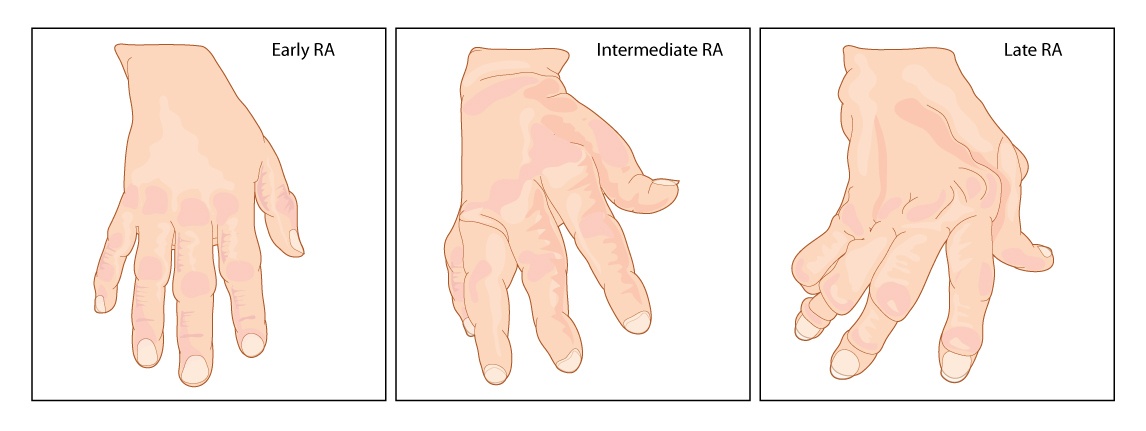
Using data from the SEAM-RA (Study of Etanercept and Methotrexate in Combination or as Monotherapy in Subjects With Rheumatoid Arthritis) trial, investigators examined changes in patient-reported outcomes (PROs) after treatment withdrawal in rheumatoid arthritis that subsequently worsened cases in patients who had achieved remission.
Published in the Journal of Clinical Rheumatology, the analysis stated PROs were more durable in patients who transitioned from etanercept and methotrexate combination therapy to etanercept monotherapy compared with those who transitioned to methotrexate monotherapy.
Study Characterizes Treatment Withdrawal in Rheumatoid Arthritis
Participants in the SEAM-RA trial completed the following assessments for 48 weeks after treatment withdrawal in rheumatoid arthritis after remission:
- Physician’s Global Assessment of Disease Activity (PtGA)
- Patient’s Assessment of Joint PainA
- Health Assessment Questionnaire-Disability Index
- 36-Item Short-Form Health Survey
Among 253 patients, 121 had disease worsening per clinician’s SDAI assessment, while 132 did not. Authors noted the overall study population had PRO declines over the course of the study; however, patients on etanercept monotherapy had lesser declines in PtGA and Patient’s Assessment of Joint Paint scores compared with those on methotrexate monotherapy.
The authors also noted Simple Disease Activity Index (SDAI) and PROs agreed, as more patients with disease worsening had PRO declines above a minimal clinically important difference for all scores versus patients without worsening. Generally, the authors concluded “patients who received rescue therapy following disease worsening might be able to regain their outcomes but to a lesser extent than those remaining in remission.”
Interestingly, “patient-reported outcome deterioration tended to occur before SDAI disease worsen,” the authors ended, “suggesting that patients may recognize disease worsening sooner than a clinician would using the SDAI.”
Read More Related Research at the Rheumatoid Arthritis Resource Center







 © 2025 Mashup Media, LLC, a Formedics Property. All Rights Reserved.
© 2025 Mashup Media, LLC, a Formedics Property. All Rights Reserved.